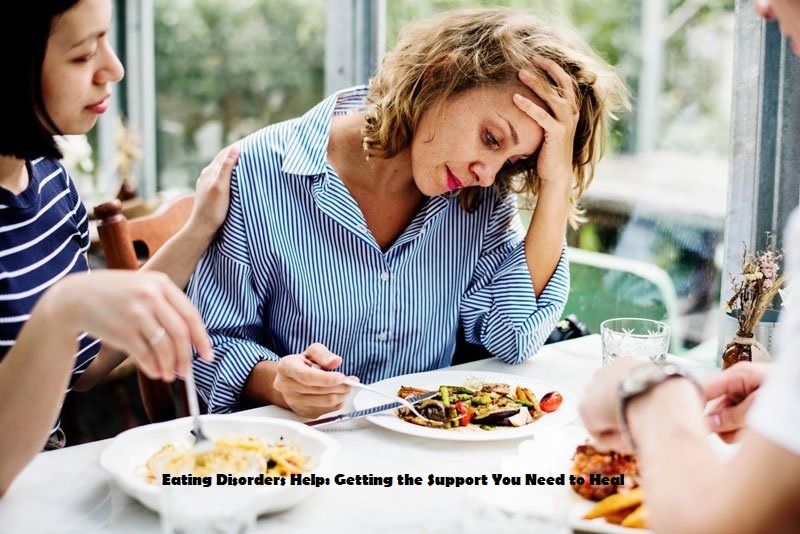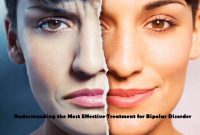Eating disorders are serious issues that can affect a person’s eating habits. In severe cases, they can even have a negative impact on physical and mental health. Although it can be challenging, recovery from this problem is possible. That’s why finding the right eating disorder help is so important.

Some Eating Disorders Help for Recovery
Some people may not believe that fear of food is real. Where in the explanation of YouTube Level Up RN, food phobias such as anorexia nervosa, bulimia nervosa and binge eating are often rooted in psychological problems.
The number of sufferers is also not small. This usually occurs in women with different causative factors. So how do you deal with this condition? Here are some important steps to get help and overcome eating disorders.
1. Be Aware of the Problem and Consult a Doctor
The first step in getting help for an eating disorder is realizing the problem you are facing. Admitting that you have an eating disorder is an important first step toward improvement. So it can be an important moment to reach professional help.
Even a doctor can help evaluate your condition and maintains a person’s emotional and psychological state better. So this help includes providing an accurate diagnosis and designing an appropriate treatment plan. Even psychotherapy, nutritional counseling, and medical monitoring may be necessary as part of treatment.
2. Psychotherapy Therapy
The therapist will work with the individual. The goal is to help them understand the causes and triggers of eating disorders help. Even overcome unhealthy thought patterns, identify stress management strategies, and build healthier skills. Including managing emotions and behavior related to eating.
3. Family and Friends Support
Apart from consulting with a specialist doctor, family and friends can also help with eating disorders help. Social support from family and friends is very important in the healing process. Talking about your experiences with others can help you feel understood. They can provide much-needed emotional support during your journey to recovery. It’s best to do this method so you can restore your unhealthy body condition.
4. Education About Eating Disorders
Learning more about eating disorders help, their symptoms, and trigger factors can help you understand the condition better. It can also help you identify danger signs and overcome challenges that may arise during the healing process. To be able to solve this problem, you need to know the problem in detail.
5. Adhere to the Treatment Plan
A treatment plan developed by your healthcare professional is an important tool in recovery. So stick to the plan with discipline. Includes recommended dietary changes and therapy sessions. Engaging yourself fully in treatment is an important step toward healing.
This even includes the support of friends and family for eating disorders treatment. Often, eating disorders are related to how a person manages stress and emotions. Learning stress management skills, such as meditation, light exercise or breathing exercises can help in recovery.
Eating disorder help is not an instant process. It takes time, patience and commitment to make lasting changes. Every individual has a different journey. There is no one-size-fits-all path to recovery. Therefore, stick to the process and be optimistic that the problem will end soon.



